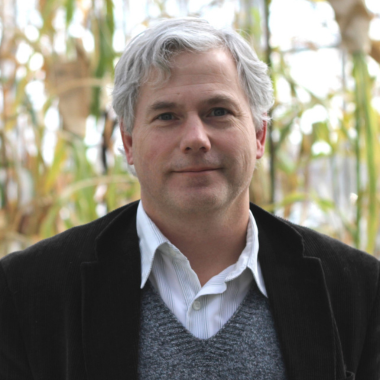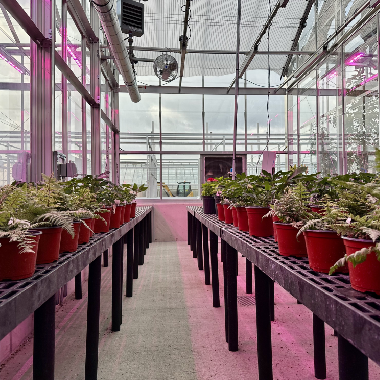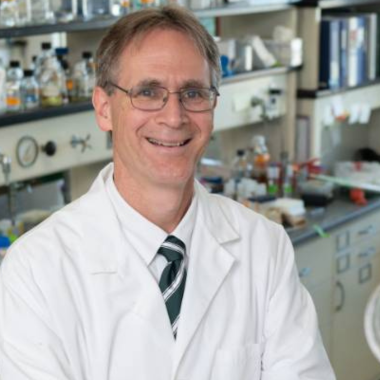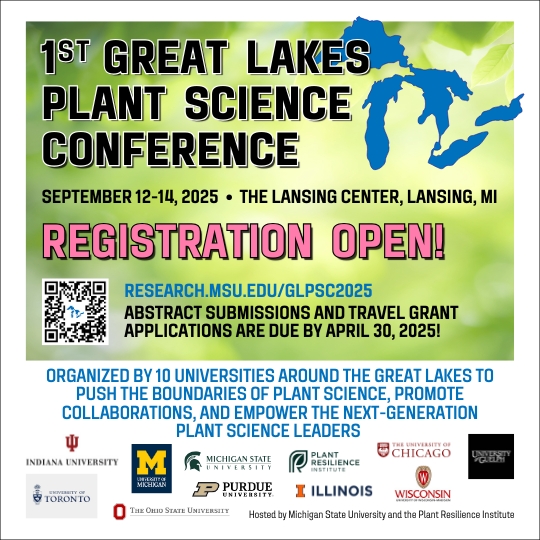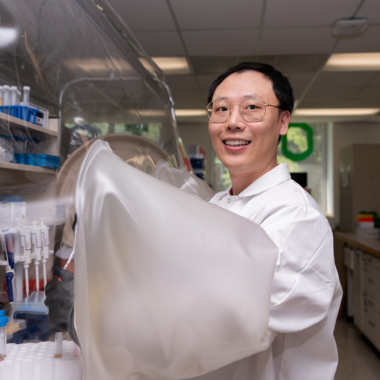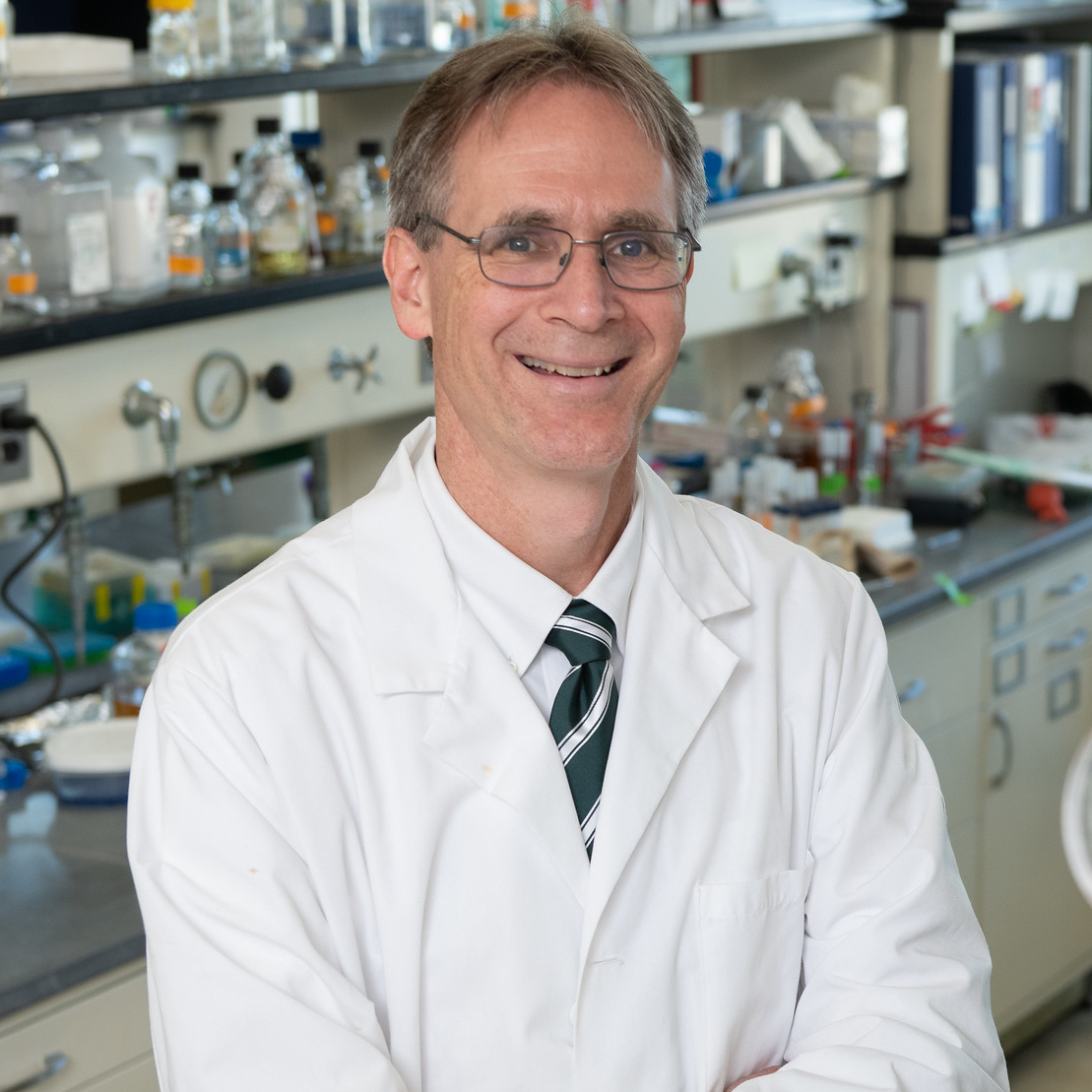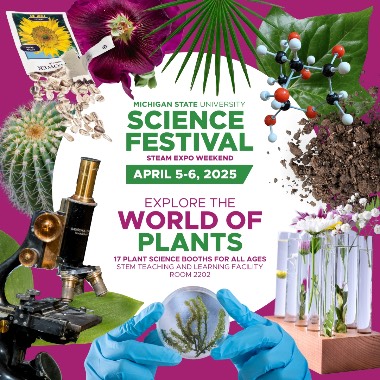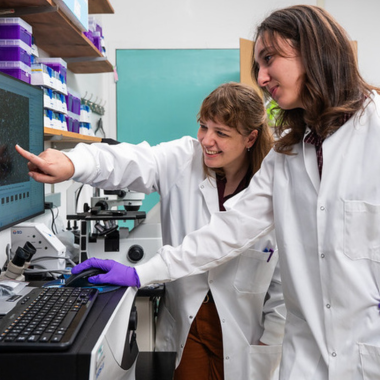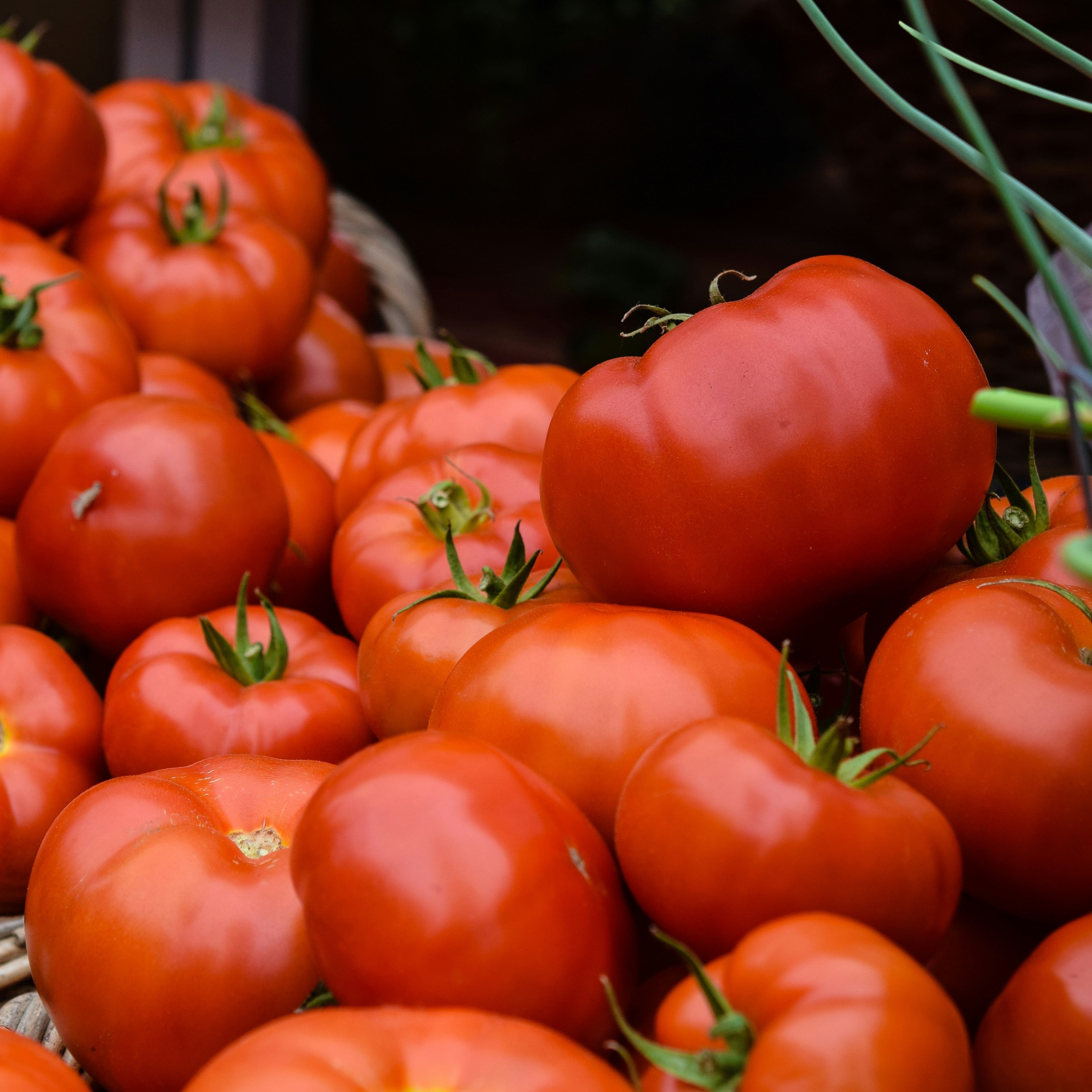News
May 28, 2025
Grotewold's research explores how plants can be the solution to many of the world's biggest problems.
May 8, 2025
Christoph Benning, Michigan State University researcher, inventor and one of the world's foremost experts in plant lipid metabolism, has been elected to the National Academy of Sciences.
May 1, 2025
Renovations include a new headhouse and greenhouses. The final stage is expected to be complete by November 2026.
April 23, 2025
The award recognizes Hegg's contributions to alternative energy research and bioenergetics.
April 16, 2025
The Great Lakes region is poised to become an epicenter for plant science collaboration as Michigan State University prepares to host the inaugural Great Lakes Plant Science Conference.
April 15, 2025
Dr. Fu provides a behind-the-scenes look at the Quinn Lab's latest microbiome breakthrough
April 9, 2025
Eric Hegg, dean of the Michigan State University College of Natural Science, was honored with The Research Corporation for Science Advancement (RCSA) 2025 IMPACT Award.
March 25, 2025
Ph.D. student Sarah Marei shares her work as a Spartan cancer researcher
March 24, 2025
Plant scientists from labs and research groups across MSU will present 'The World of Plants,' a showcase featuring 17 unique booths dedicated to different aspects of plant science, at the 2025 SciFest STEAM Expo Days.
March 18, 2025
By unraveling the complex choreography of cellular machinery, Michigan State University researchers are helping identify the next generation of drug targets and cancer therapies.
